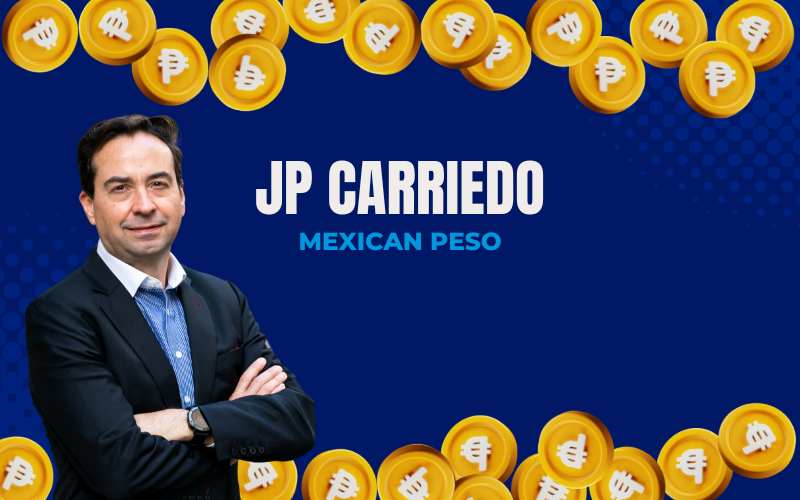Speaking to reporters at the White House, Trump vowed to follow through on levies starting Feb. 1, citing fentanyl, migration, and large trade deficits as reasons for his decision.
The Mexican peso plunged to the day’s low, losing as much as 1.1%. The currency gauge fell as much as 0.2% on the news. “The Mexican peso has a lot to lose and is already showing it,” said Juan Perez, director of trading at Monex USA. “Placing barriers on free trade is going to have an impact and for now the announcement is very fresh, and a quick change is even possible, but it is no longer speculation: Trump emphatically wants to use tariffs as a key element in negotiation.”
The Chilean and Philippines pesos held on to earlier gains, leading emerging market peers, while the Mexican peso underperformed.
“We have shifted from being data dependent to Trump dependent,” said Anders Faergemann, co-head of emerging-markets global fixed income at Pinebridge Investments in London.
Analysts said the Federal Reserve’s decision on Wednesday to keep rates unchanged has so far had limited impact on most Latin American currencies, despite signals that the central bank intends to stay on hold for the foreseeable future. Given the lack of concrete timing on tariffs, investors continue to add risk without much conviction, Cuadrado said.
Meanwhile, stocks continued to gain, but trimmed some of the earlier advances after Trump’s announcement, amid thin liquidity due to the holiday in Asian markets and are headed to their third consecutive day of gains.
The Brazilian real wavered — falling as much 1.2% earlier in the day before trimming losses, as investors weighed a less hawkish than expected tone from the country’s central bank, which lifted rates by a full percentage point on Wednesday.
In credit markets, El Salvador’s dollar bonds rose the most in emerging markets Thursday after lawmakers approved changes to the nation’s Bitcoin law that were needed to secure an International Monetary Fund loan.





